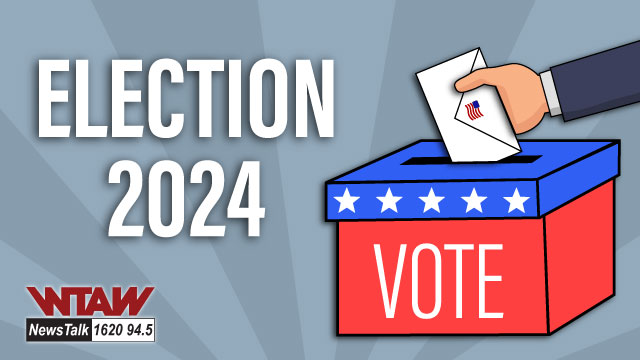
Elections officials around Texas are responding to an “emergency advisory” from the Texas secretary of state.
Brazos County elections administrator Trudy Hancock says somewhere else in the state, someone revealed the name of a voter and who they voted for.
A news release from the secretary of state says “the general custodian of election records must adopt procedures to ensure that any personally identifiable information of a voter that is contained on a ballot is redacted before making the voted ballot available for public inspection.”
The news release also says that “these redactions must be as limited as possible in order to protect the public’s right to review and inspect election records.”
Hancock says the changes sought by the secretary of state can be accomplished in time for this November’s general election.
Hancock says the changes only affects reports given to the public. She says this does not impact the voting process.
Click below to hear Trudy Hancock’s visit with WTAW’s Bill Oliver:
News release from the Texas secretary of state’s office:
Secretary of State Jane Nelson today issued an advisory on the urgent need to protect the privacy of Texas voters. The advisory comes at a time when there are claims of publicly disclosing ballots for political purposes.
“Every Texan has the right to a secret ballot, and that right must remain sacred. It is unacceptable for any voter to have their ballot choices publicized,” Secretary Nelson said. “I am issuing emergency guidance to protect the privacy of Texas voters.”
Emergency Advisory No. 2024-20, released today by the Secretary of State, directs counties to redact any information that would connect a voter to their ballot choices. The advisory says, “the general custodian of election records must adopt procedures to ensure that any personally identifiable information of a voter that is contained on a ballot is redacted before making the voted ballot available for public inspection.”
The advisory suggests specific categories counties should consider when evaluating a public information request that could reveal ballot choices. That information could include: the location at which a voter casts a ballot, precinct information on the ballot image, or polling place identifiers such as a ballot number either electronic or pre-printed.
The advisory also calls for protecting transparency in elections by outlining that, “these redactions must be as limited as possible in order to protect the public’s right to review and inspect election records.”
As a reminder, parties who choose to publicize ballot information could face legal action under state and federal law if the release of information is tied to voter intimidation, bribery or coercion.
